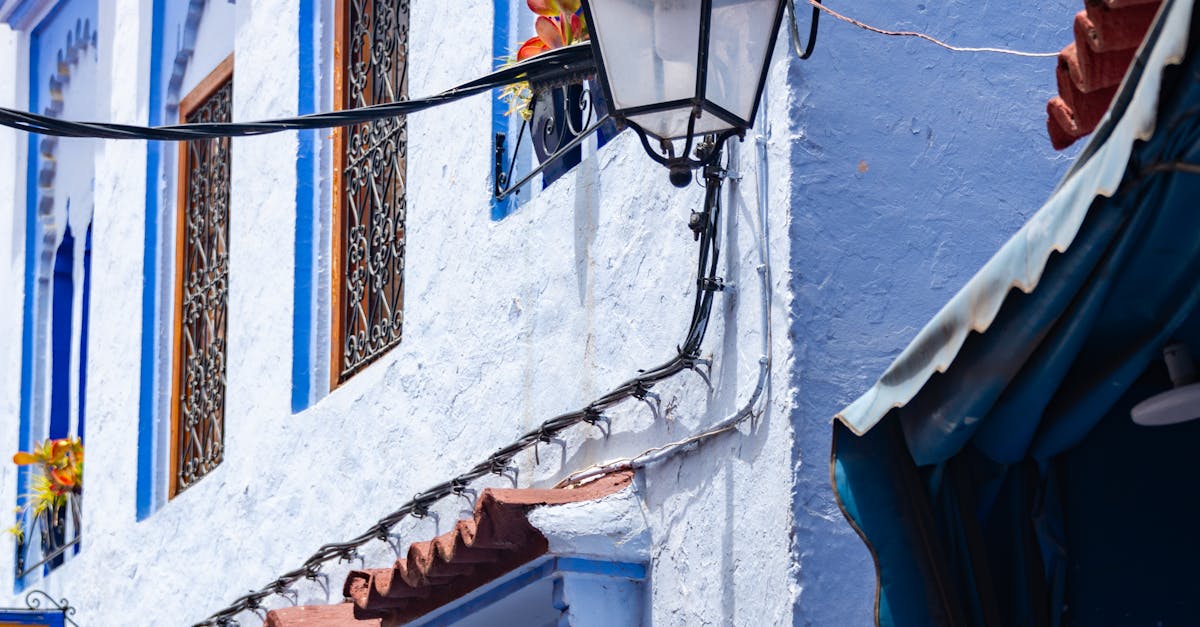Sustainable and Eco-friendly Insulation Options for Passive House

king sustainable and eco-friendly insulation solutions. While aerogel insulation may come at a higher initial cost compared to traditional insulation materials, its long-term energy savings and environmental benefits make it a worthwhile investment for homeowners committed to sustainability.
Insulation for Minimal Carbon Footprint
Choosing insulation with a minimal carbon footprint is essential for environmentally conscious homeowners looking to reduce the overall impact of their passive house. Sheep's wool insulation is a fantastic option for those seeking a sustainable and effective alternative. This natural material is biodegradable, renewable, and boasts excellent thermal properties, making it a top choice for eco-friendly insulation.
In addition to sheep's wool, cellulose insulation is another excellent option for those aiming to minimise their carbon footprint. Made from recycled paper products, cellulose insulation offers a high level of thermal performance while also reducing waste and promoting sustainability. By opting for insulation materials that have a minimal carbon footprint, homeowners can significantly contribute to the overall eco-friendly design of their passive house.
Sheep's Wool Insulation
Sheep's wool insulation is a natural and sustainable option that is gaining popularity among eco-conscious homeowners. This type of insulation is made from 100% natural wool, making it a renewable and biodegradable material. Sheep's wool has excellent thermal properties, providing effective insulation to keep homes warm in winter and cool in summer.
In addition to its thermal insulation properties, sheep's wool is also known for its ability to regulate moisture levels within the home. This can help prevent mold and mildew growth, creating a healthier indoor environment for occupants. Sheep's wool insulation is a great choice for those looking to reduce their carbon footprint and create a more sustainable living space.
FAQS
What are some eco-conscious insulation products available for Passive House construction?
Some eco-conscious insulation products available for Passive House construction include soy-based insulation, aerogel insulation, and sheep's wool insulation.
Related Links
Moisture Control in Passive House InsulationImportance of Proper Insulation in Passive House Construction
Insulation Installation Techniques for Passive House Construction
Airtightness Testing and Certification for Passive House Buildings
Ventilation and Heat Recovery Systems in Passive House Insulation
Energy Efficiency Benefits of Airtight Construction in Passive House
Insulation Materials for Passive House Construction